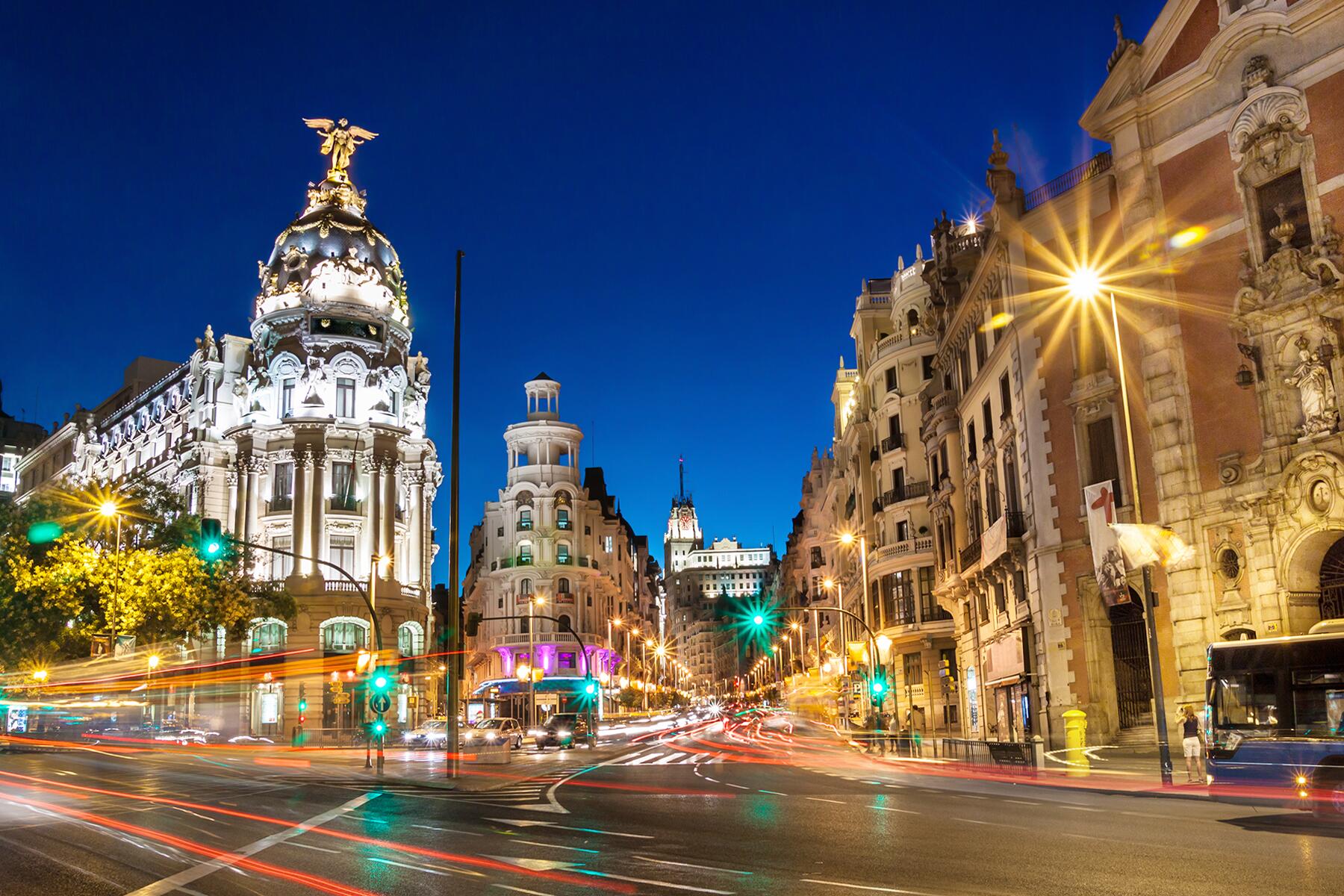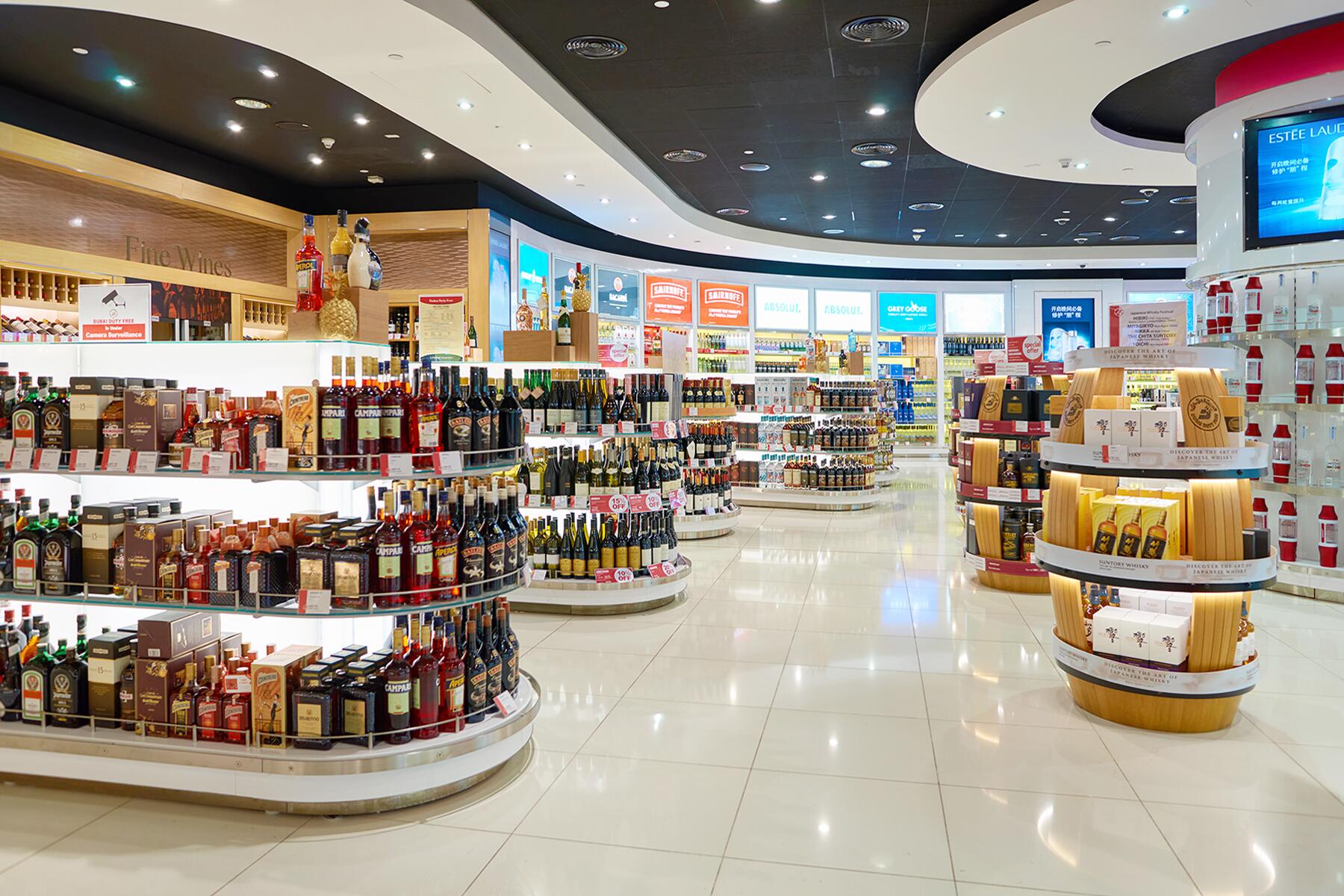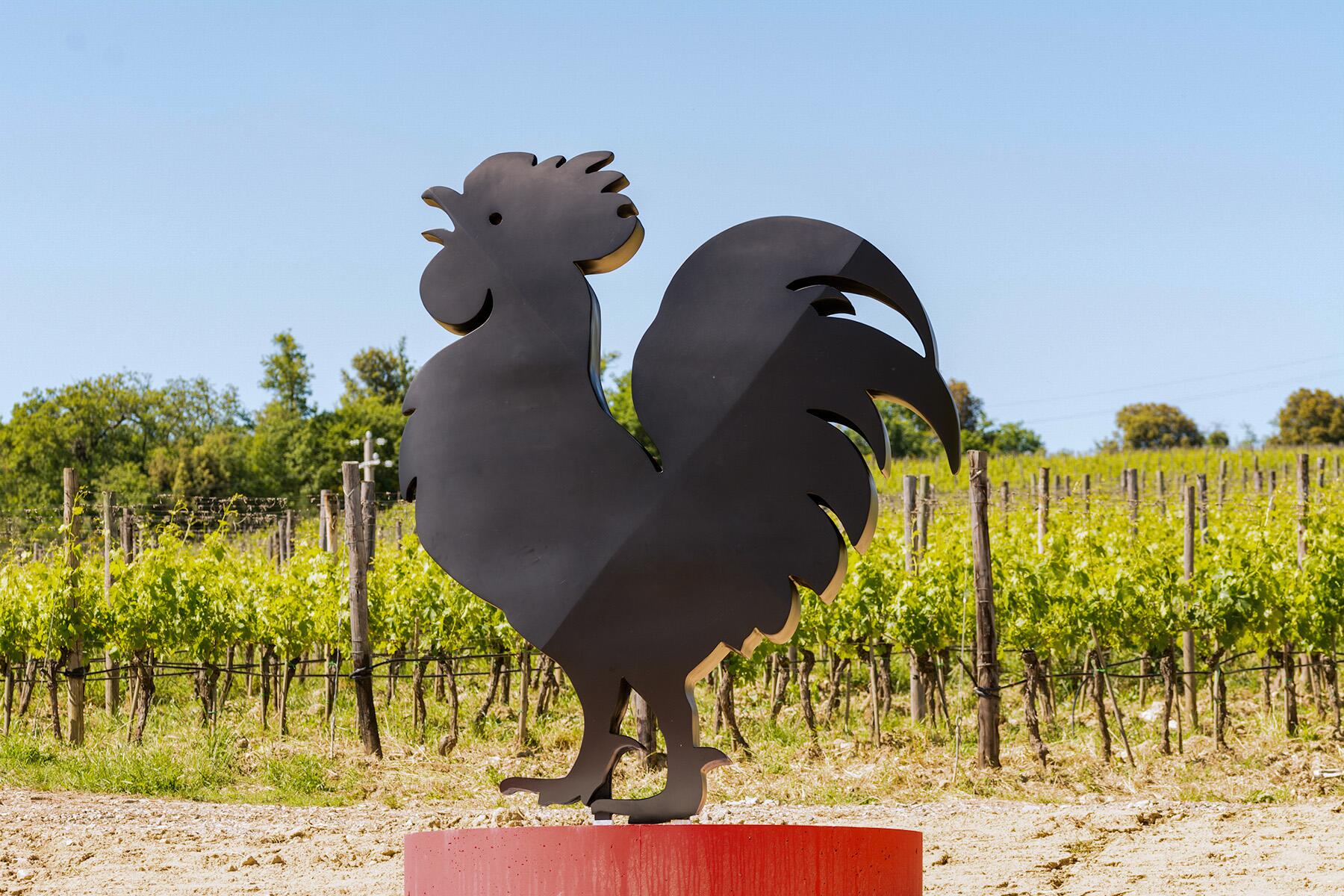One young winery illustrates the challenges of Albania’s often overlooked wine industry.
Wine in Albania flows like water, with glasses rarely getting below half-full, and most accompanied with a comment about who made it–an uncle, neighbor, or favorite farm. The country, just north of Greece and across the Adriatic Sea from Italy, has a long tradition of wine-making but a short history of wine as an industry. Hyper-isolation under Communist rule from World War II until the early 1990s killed all private businesses in the country and resulted in a loss of land for everyone–including the family of Muharrem Çobo, founder of a pioneering Albanian winery.
Today, Çobo Winery produces about 80,000 bottles of eight different wines outside the city of Berat, a UNESCO World Heritage Site, and welcomes as many as 12,000 visitors each year to taste and tour. But in an old business, Çobo Winery is very young: 10 years ago, it received only 1,500 people, and 10 years before that, it barely existed. As one of the first and best-known wineries to emerge in Albania after the fall of the Communist regime, Çobo Winery’s story illustrates the struggles of the country and its wine industry.
View this post on Instagram
Tales of Tradition
Growing up, Çobo hated his first name, “I thought it was a girl’s name.” But as an adult, he appreciates it: his parents named him for his great-grandfather, who taught the Albanian language when it was outlawed under Ottoman rule. A similar passion for tradition–and a flair for storytelling–makes his inherited name symbolic of the Çobo spirit he imbues into his winery.
Recommended Fodor’s Video
“Wine has always been made in Albania,” Çobo says. His own grandfather grew grapes and made wine and raki at home to drink and sell in small amounts until 1950. When the state privatized land, the Çobo family lost its vineyards. But his grandfather continued to work as a winemaker for the state-owned wineries. “During Communism, Albania produced even more wine,” Çobo explains. On New Year’s Day, almost every family would have a bottle of wine, maybe even a few, he remembers. “It was like Christmas.” But the government controlled the production.
His grandfather passed down winemaking and moxie to the next generation: Çobo’s father snuck a few grape vines into their vegetable garden. He continued making raki and small batches of wine whenever he could. Çobo grew up listening to his father talk about wine but says of his inherited family knowledge, “It was more emotional tradition than technical.”
When Communism fell and the country opened in 1991, Çobo, like many Albanians, headed to Italy in search of a job. Over a decade working at Italian wineries, he learned the missing technical side of viticulture and winemaking.
A few years after Çobo left, the Albanian government decollectivized some land back to private ownership. People laughed when his father started planting vineyards on their small plot, Çobo recalls; the plan seemed foolish in the post-communism turmoil and limits on land use. But by 1997, Çobo and his brother returned from Italy to spend a month harvesting grapes and making wine.
He brought plastic bags full of wine from shesh i zi and shesh i bardhë grapes back to Italy with him, giving tastes to winemakers. The typical Albanian red and white varietals earned an impressed enough reaction that within a few years, Çobo’s annual return for harvest became permanent. By 2003, he got a loan that he used to build the current winery, which opened in 2006.
View this post on Instagram
Post-Communist Crush
“We were the first to do a lot of things after communism,” Çobo says. Things that seem standard simply did not exist, such as offering winery tours and bottling in glass with labels. He developed labels templates to explain the rare Albanian grapes he used. “I had to create almost everything.”
While working for the state, his grandfather had helped develop a clone of an Albanian grape called Vlosh, which a co-worker had planted in a nearby village. Few Vlosh vineyards remain due, in part, to the low production rate. So, when a relative told Çobo about the grapes in 2010, he bought some and started making wine.
“The original is the color of the grape [dark pink to reddish purple], and the wine is like strong rosé,” he describes. But his version, made from the clone and aged 18 months in oak and another 18 in the bottle, comes out a deeper red, with strong tannins and rich fruitiness. In 2014, he rented about 35 acres of ex-vineyards from the government and put 18,000 Vlosh plants in the ground.
Domestic Difficulties, Foreign Forays
Çobo also makes wine from Puls, a little-known Albanian white grape. Most notably, using the méthode champenoise, or champagne method, with Puls, he produces one of Albania’s only sparkling wines, Shendeverë. The surprising, impressive sparkling wine takes its name from a portmanteau of the words for health and wine, Çobo’s son explains as he shows off the wooden board in the winery basement where the bottles rest angled upside-down. The word describes the first joyful stage of drunkenness, he says, like a happy buzz. They gave the same name to their wine bar in the capital, 90 minutes north of the winery.
At the heart of the modern pedestrian mall in the shell of the millennium-old Tirana Castle, Shendeverë Wine Bar offers wine tastings, snacks, and sometimes live music, expanding the winery’s most successful sales channel. Almost half the winery’s sales come from visitors to the winery, nearly all foreigners.
Though Çobo doesn’t currently export any of his wines, he says he is negotiating with a distributor in New York to bring it to the U.S. (Previously, he has exported to Switzerland and Malaysia, and briefly to Belgium.) But he hopes to someday sell more wines to his fellow countrymen.
“Investments in the wine sector may be considered in the context of the potential for tourism development,” concluded a 2019 government study of the industry. Albanian consumers tend to purchase Albanian wine and raki directly from producers or to make their own–as a hobby and to ensure purity—it found. This gives domestic wine a specific reputation and allows restaurants to mark up foreign wines at more than double the rate they can Albanian bottles. “Restaurants with 100 labels of French and Italian wine have only two from Albania,” says Çobo. “[Albanians] think everything that comes from outside is better.”
As they work to change that reputation, Çobo and other quality-focused wine producers in Albania accept the reality of the market and focus on the flip side: the customers that come from outside.




